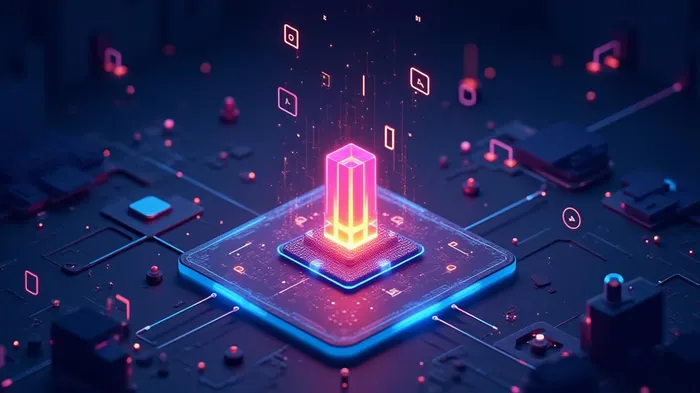Vibe Coding on Solana Enables 2,000 Apps, Raises Scam Concerns
Vibe coding, a novel AI-native coding style, is rapidly gaining traction on the Solana blockchain. This new approach allows developers and non-developers alike to describe their desired functionality, and an AI model generates a working iteration of their request. Tools like Cursor, Dev.fun, and Poof.new are at the forefront of this movement, enabling users to create decentralized applications (dApps) with minimal coding effort.
Since its open beta launch, Poof.new has seen over 2,000 apps created on its platform. This shift towards vibe coding is lowering the technical barrier to entry, making it easier for a broader range of individuals to participate in the Web3 ecosystem. However, this ease of use also comes with significant risks. The potential for bad actors to create deceptive and malicious projects is a growing concern. The ICO boomBOOM-- of 2017 serves as a cautionary tale, where numerous fraudulent projects emerged, promising revolutionary technology but ultimately disappearing with investors' funds.
In the era of vibe coding, the threat of scams could be even more pronounced. Bad actors could use AI-generated codebases, branding packages, and fake GitHub activity to create convincing but fraudulent projects. Honeypot contracts, phishing sites, and other deceptive tactics could be employed to drain users' wallets. To mitigate these risks, the community will need to develop robust reputation systems, persistent identities, and open auditing tools. Smart contract registries that mirror app store models, with verified publishers and community ratings, could also play a crucial role in building trust.
The responsibility for ensuring the integrity of the ecosystem will fall on multiple stakeholders, including users, platformsRIOT--, protocols, and vibe coders themselves. Despite these challenges, the rise of vibe coding on Solana represents a significant step towards empowering a wider range of creators. Poets, game designers, and even high school students with innovative ideas can now build functional dApps without needing extensive coding knowledge. This democratization of creation could lead to a surge in innovative projects, with the best ideas having a chance to succeed based on their merit rather than their ability to raise capital.
As the Web3 ecosystem continues to evolve, the integration of AI-driven coding tools like vibe coding could revolutionize the way applications are developed and deployed. However, it is essential to establish proper protections and trust mechanisms early on to ensure that the benefits of this technology are not overshadowed by its potential risks. With the right safeguards in place, vibe coding could unlock new levels of creativity and innovation in the Solana ecosystem and beyond.

Quickly understand the history and background of various well-known coins
Latest Articles
Stay ahead of the market.
Get curated U.S. market news, insights and key dates delivered to your inbox.



Comments
No comments yet